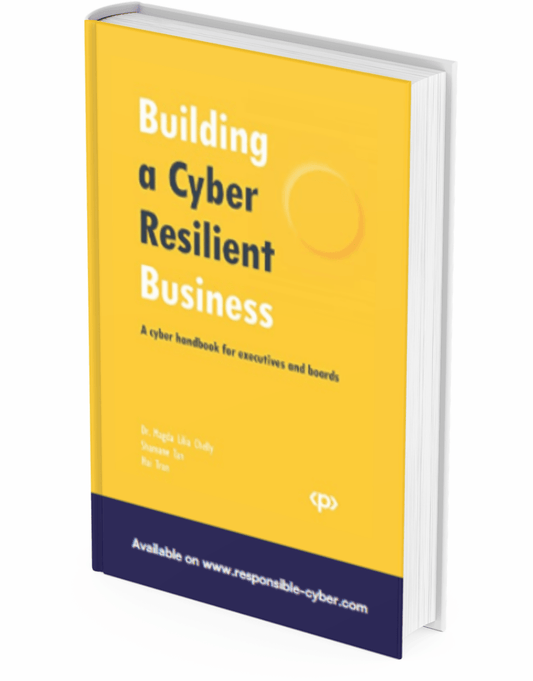Essentials to Fortify Your Email Security

Email security - two words that you've probably heard time and again in the digital world. It's a term that holds significant importance to both individual users and organizations alike. But what exactly does it mean? And why is it so important?
Let's break it down into simpler terms for everyone.
Email security is the virtual equivalent of having a strong, sturdy door at your home. It safeguards your personal space - in this case, your email account - from threats like cyber-attacks and phishing scams that try to invade your privacy or steal your sensitive information.
Just like you would lock your doors and windows to keep intruders out, you need to fortify your email security to protect your valuable data from cybercriminals.
Imagine your email as a post office where letters (your messages) are sent and received every day. But unlike traditional mail, these messages can be intercepted by unwelcome guests (cybercriminals) during transit. This is where email security comes into play - to make sure your letters reach their destination without falling into the wrong hands.
Now, why should we care about email security? Well, email is like a treasure chest for cybercriminals, housing sensitive information such as passwords, credit card details, and personal data. It's also an easy target because almost everyone uses email, making it a prime focus for cyber attackers.
Just as pirates have many tricks to steal treasures, so do cybercriminals when it comes to hacking your email. They often use methods such as phishing, spam, and spoofing.
Phishing is like a deceptive salesperson who pretends to be your trusted bank or a familiar service, only to cheat you out of your account details or money. Spam is similar to junk mail that clutters your mailbox, sometimes carrying harmful elements. Spoofing is akin to a skilled imposter, impersonating someone you trust to trick you into revealing confidential information.
So, how can we protect our email? Here are some easy-to-follow tips.
Spam Filter
Imagine every time you receive a letter in your mailbox, there's a knowledgeable friend who reads the envelope, checks the sender, and looks for clues whether it's a real letter or junk mail. If they suspect it's junk, they'll discard it before you even see it. This is what a spam filter does for your email. It automatically identifies and separates spam or unwanted emails from the rest, helping to declutter your inbox and protect you from potential threats.
Email Encryption
Consider you want to send a secret message to your friend. Instead of sending it in plain English that anyone could read, you both decide to use a special code language only you two understand. That way, even if someone else gets hold of your message, they won't understand it. Email encryption works in a similar manner. It scrambles your email content into a code that can only be deciphered by the intended recipient, ensuring your communication remains confidential.
Antivirus Protection
Suppose you have a security guard at your door who checks every package you receive for anything harmful or suspicious. They don't let anything dangerous come into your house. Antivirus protection does the same for your emails. It scans your emails and attachments, detecting and removing any malicious software that could harm your computer.
Secure Email Gateway (SEG)
Let's say you've hired a highly trained security team that screens every guest before they enter your house party. They have a list of rules and only let the safe ones in. An SEG is like that security team for your email system. It filters incoming and outgoing emails based on specific security rules, blocking any potentially dangerous emails from getting to your inbox.
Multi-factor Authentication (MFA)
You know how some doors require both a key and a code to open? It's a way of ensuring that even if someone gets your key, they still can't get in without the code. MFA works similarly for your email account. It requires more than one method of verification, such as a password and a one-time code sent to your phone, making it tougher for hackers to gain access.
Employee Education
Imagine being taught how to spot a con artist trying to trick you into handing over your house keys. Once you know their tricks, you're less likely to fall for their scams. The same applies to email security. Training people to recognize common scam tactics, such as phishing emails, can go a long way in preventing cyber-attacks. Everyone in an organization needs to be aware of these potential threats and how to avoid them because security is a team effort.
Remember, email security is not a one-and-done task. It's an ongoing process, just like maintaining the security of your home. Stay updated, stay vigilant, and keep your virtual doors locked. In this ever-evolving digital world, your email's safety is paramount.







